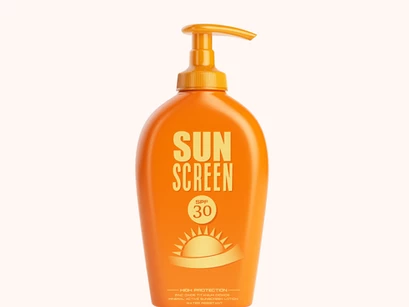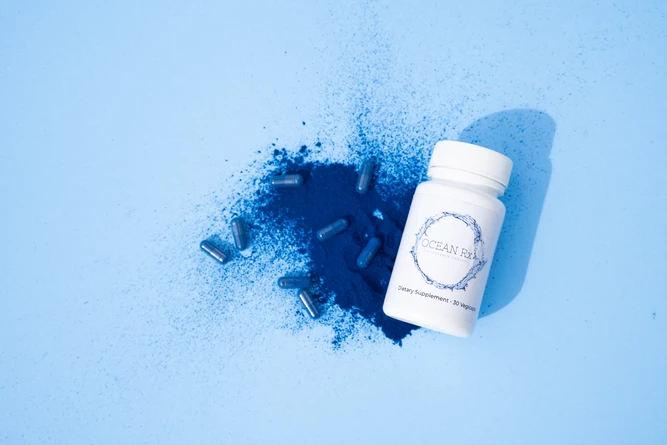Updated: Sep 18, 2020
By Denisse M. Serrano, MS, PA-C
I get lots of questions on my Instagram blog regarding what people should be putting on their skin. So I will share the three holy grails for beautiful skin.
Number 1:
Sunscreen is the gold standard from all skincare products. Period. I’ll tell you why. The sun has both UVA and UVB rays. They damage the skin by causing DNA damage to our skin cells. Not only does this lead to wrinkles and photoaging, aka sun spots, but most importantly, skin cancer. Skin cancer is THE most common cancer in the US. We need sunscreen to protect us from this.
Here is how to buy the right sunscreen… There are two types of sunscreens mineral and chemical. When you purchase sunscreen, look for the words “broad-spectrum.” Adequate SPF for the face is SPF more than 15, and the body more than 30. When applying sunscreen, a sufficient amount to the face is 1/2 a teaspoon and a shot glass full for the body. It is essential to reapply about every 90 minutes!
I prefer mineral sunscreens because I know that it works as soon as I apply it. Chemical sunscreen takes about 1 hour to kick in. Some individuals don’t like mineral sunscreen because of the “white cast” that it leaves, but there are some excellent quality mineral sunscreens that do not leave that white cast on your skin. My personal favorite is Elta MD tinted. It does not give me a white cast, goes on smoothly, has other protective ingredients, and it has a tint to it, so I don’t feel like I have to use foundation.
Don’t believe me yet? Many scientific studies have shown that individuals who begin sunscreen at one point and in 2 years have a follow-up photo taken with a significant difference in wrinkles and photoaging signs.
Number 2:
Vitamin C!
It is a powerful antioxidant and the most abundant in human skin. A vitamin C serum will induce collagen production in the dermis, helps promote the skin’s natural wound healing, aids in cell turnover, and helps fight against free radicals (those that cause skin cancer). How are we exposed to free radicals? UV light, air pollutants, alcohol, and smoking, to name a few. So because it’s a collagen booster, you can expect it to decrease wrinkle formation, give you brighter skin, and lessen hyperpigmentation.
How do you buy the right Vitamin C serum? Buying the right product is where it becomes tricky. It depends on the packaging and formulation. A vitamin C serum must be stored in a cool, dark place and an opaque, airless container. It should be a concentration should be between 10-30%. If you have more sensitive skin, then you should opt for a lower concentration. Vitamin C serums work best when combined with Vitamin E or an ingredient called Ferulic. Studies show that combining topical vitamin C with sunscreen for photoprotection is better than sunscreen alone.
Moral of the story: If you’re going to buy a Vitamin C serum, make sure you do it right, even if you splurge a little.
Number 3:
A vitamin “A” derivative. Whether it’s retinol, retinol derivatives, retinoid, or retinaldehyde, they have the same mechanism of action on the skin. Some are better than others due to their active formulations. These “miracle” topicals allow for exfoliation of the skin, thereby creating rapid cell turnover. So what do they do? They improve acne, skin tone, photoaging, scarring, and wrinkles. Now, you might think … is there a drug out there that does all of this?
This answer is yes. If you’re not using it now, then you need to incorporate this into your daily routine. Make sure you speak to a skincare specialist on how to do this. Typically, you want to start slow and moisturize before and after.
Retinol derivatives are the weakest form of these Vitamin A products, and you can buy these over the counter. If you want to opt for a more potent product, then you may want to speak with your dermatology provider.
With all that said, I hope you all love the skin you’re in!
Diva Tip: Topical treatments are one component of good skin health.
Resources: Baumann. Cosmeceuticals and Cosmetic ingredients; Bolognia et. al. Dermatology Essentials.
Denisse M. Serrano is a board-certified Physician Assistant specializing in Dermatology. She practices out of NYC and Northern NJ. Ms. Serrano obtained her B.S. degree in Biological Sciences at Rutgers University and went on to receive an M.S. degree at Rutgers University Physician Assistant program. She is currently in the process of completing a dermatology fellowship with the Society of Dermatology PAs. Denisse feels that the continuation of education is the key to practicing medicine and caring for patients. She hopes to inspire many future PAs and thinks that the sky’s the limit for physician assistants. Make sure you follow this Derm Diva on IG @deedoes_derm



